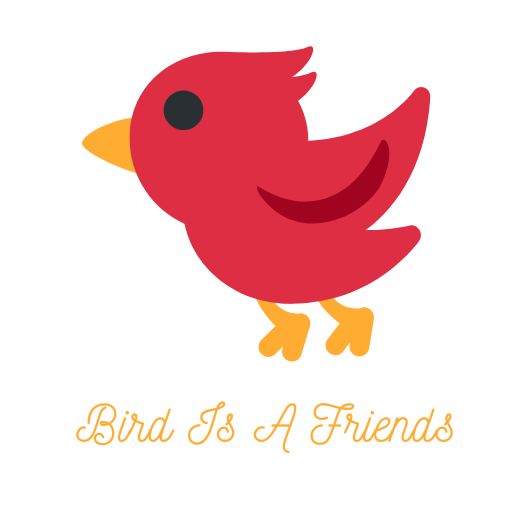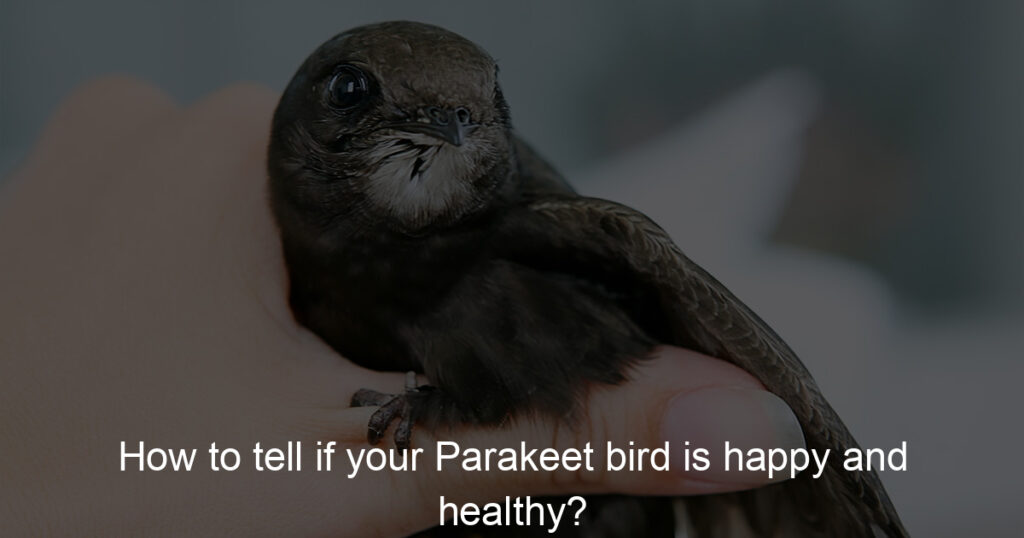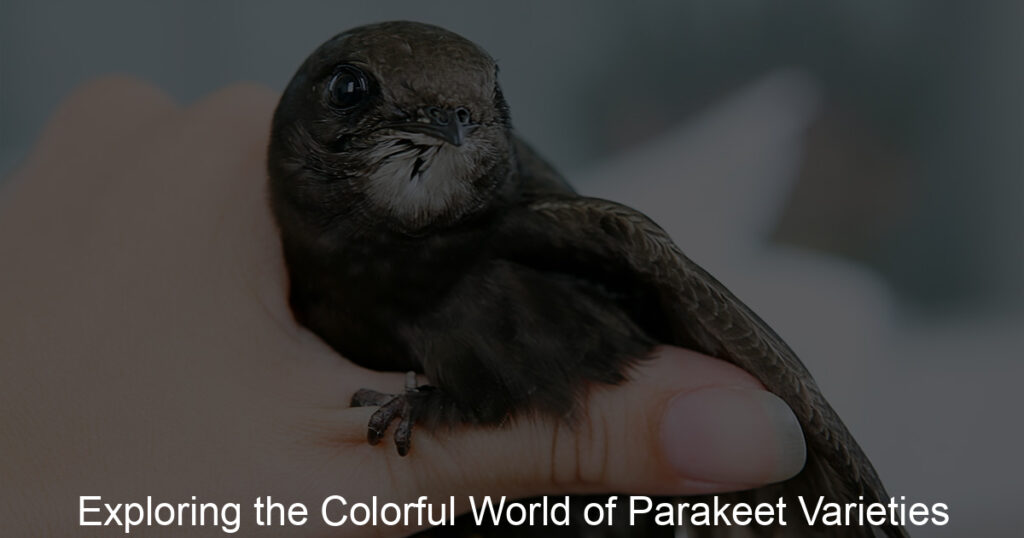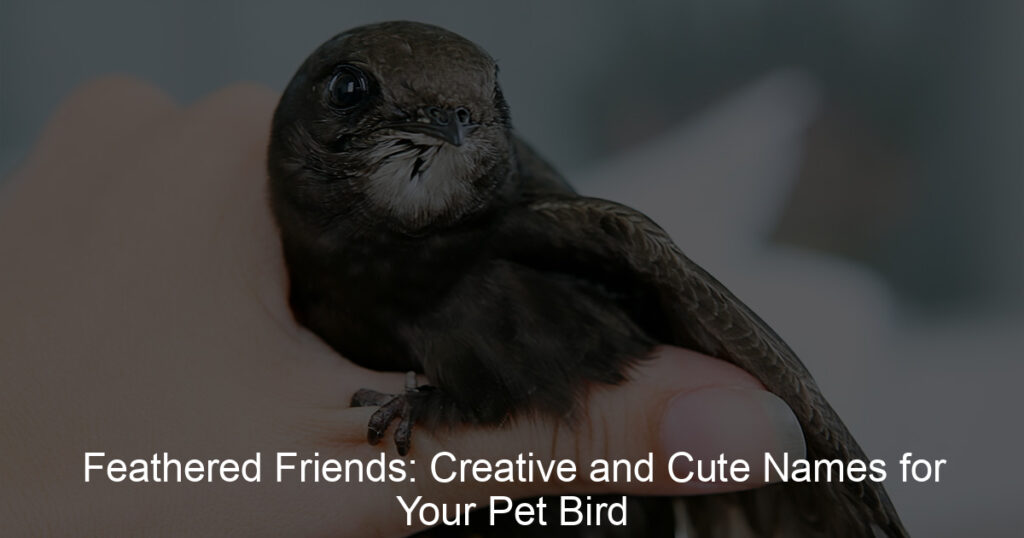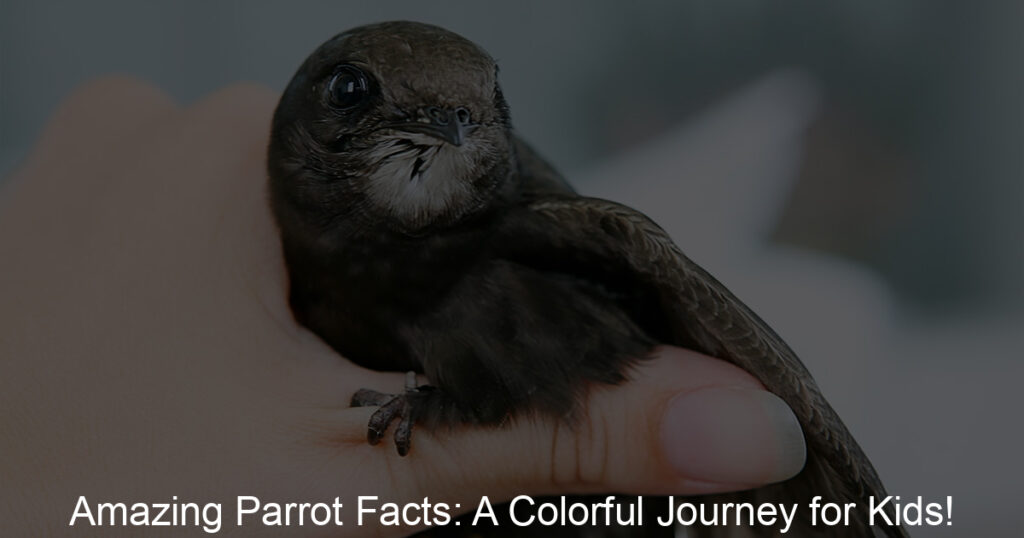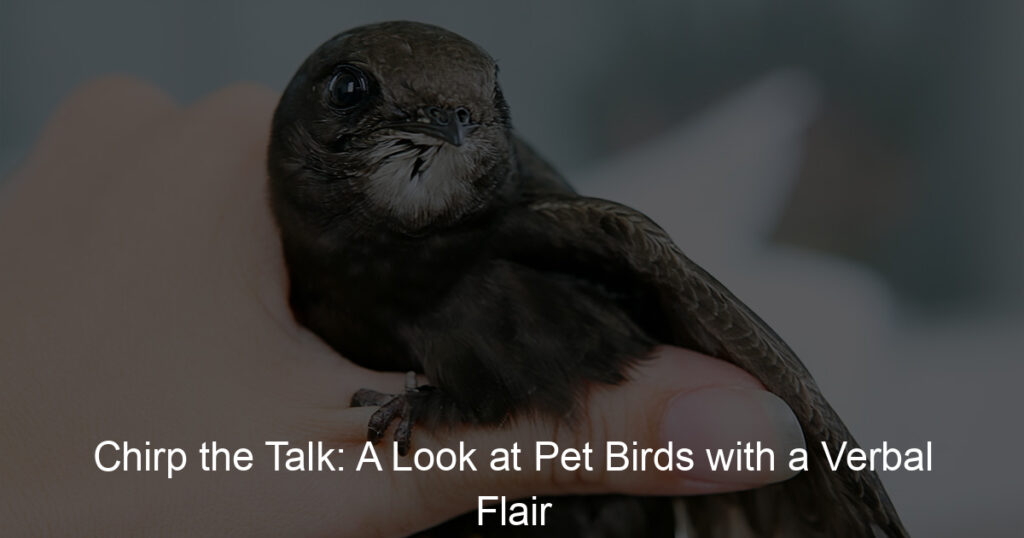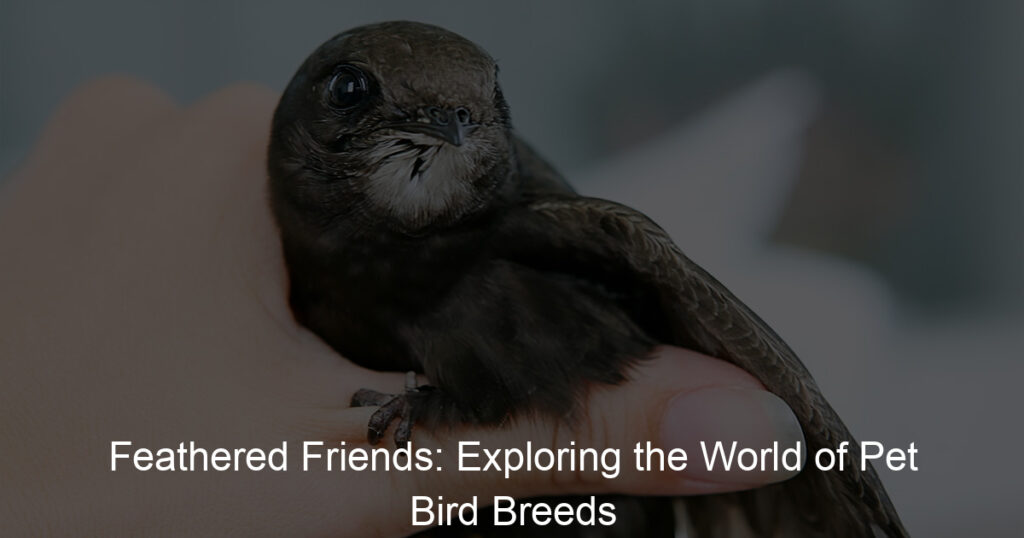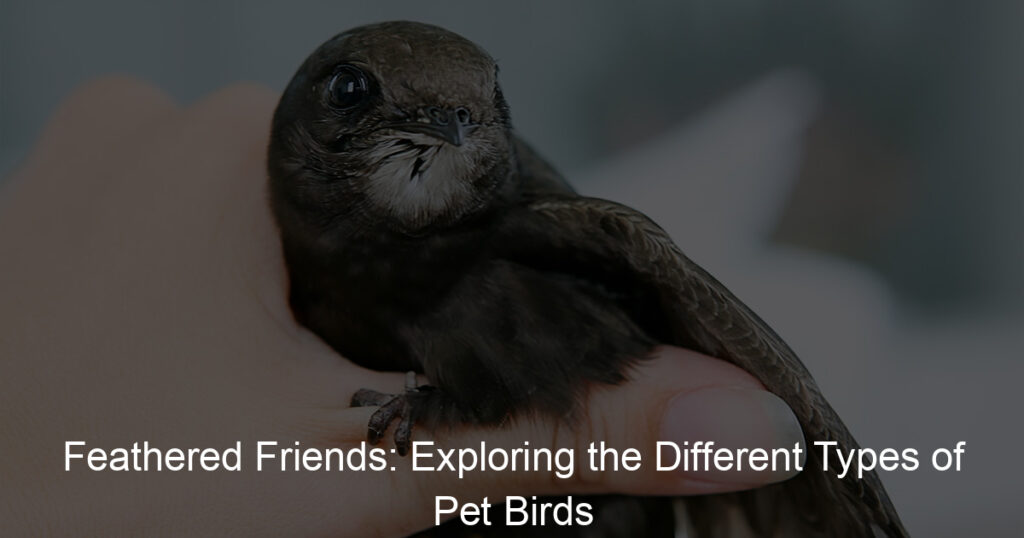Caring for parakeets can be both a fun and rewarding experience. Not only is it enjoyable to watch them as they flit around their cages, but also there’s nothing quite like seeing the delight on your bird’s face when you take him out into the sun or give him a treat.
As much as we want our birds to live long, happy lives, it can sometimes be difficult to tell if our parakeet friends are in good health—and even harder yet to make sure that they’re really happy! In this post, I’m going to discuss some ways that you can tell if your beloved pet bird is content and healthy.
From understanding their physical appearance and behaviors, listening for warning signs of potential illness or injury, being mindful of diet choices, and setting up an ideal living environment—we’ll cover all these bases so you can keep your parakeet pal in top form!
How do I know if my parakeet is unhappy?
As a parakeet owner, you want to make sure that your little feathered friend is happy and healthy. But how can you tell if your parakeet is unhappy? One telltale sign is if they start plucking out their feathers.
This behavior could be due to stress or boredom. Another sign is if they become less active or stop chirping, which could indicate a lack of stimulation or engagement. If you notice any of these behaviors, try to provide your parakeet with more toys, activities, and socialization.
It’s also important to make sure they are getting a balanced diet and enough exercise. With a little bit of attention and care, you can ensure that your parakeet is living their best life.
What stresses a parakeet?
Parakeets are known to be one of the most popular household pets due to their vibrant colors and chirpy nature. However, sometimes it becomes hard to take care of our little avian friends when we don’t understand what bothers them.
As a parakeet owner, it’s essential to recognize the signs of stress in these birds to keep them healthy and happy. Parakeets can become stressed due to several reasons, such as loud noises, sudden movements, or unfamiliar faces. It’s important to create a calm environment for your parakeet and help them feel secure about their surroundings.
By providing them with a proper diet, a clean and spacious cage, and regular interactions, we can reduce their stress levels and ensure their well-being.
Should I feed my parakeet every day?
As a responsible pet owner, you want to provide the best care for your feathered friend. One common question that parakeet owners ask is whether they should feed their pets every day.
The answer is a resounding yes! Parakeets need daily access to fresh food and water. In fact, they have a high metabolism and require frequent small meals throughout the day.
Besides, offering a variety of foods, such as fruits, vegetables, and seeds, can keep your parakeet healthy and happy. So, make sure to schedule regular feeding times to maintain your bird’s health and well-being.
What not to do with parakeets?
Parakeets are lovable and interactive creatures that can add fun and entertainment to any household. However, it is important to know what not to do with these feathered friends to ensure that they remain happy and healthy.
First and foremost, never leave them in a drafty or cold environment. These birds are sensitive to temperature and can quickly become ill if they are exposed to harsh conditions. Avoid feeding them a diet that is high in fatty or sugary foods, as this can lead to obesity and health problems.
Lastly, do not neglect their need for socialization and interaction. Parakeets thrive on companionship and love to play, so make sure to give them plenty of attention and toys to keep them engaged. By avoiding these common mistakes, you can provide the best possible life for your beloved parakeet.
How do you gain a bird’s trust?
Birds can be delicate and skittish creatures, making it challenging to gain their trust. However, building a bond with them is an incredibly rewarding experience. First and foremost, make sure you provide them with a comfortable and safe environment where they can feel at ease.
Take your time and approach them slowly, avoiding sudden movements or loud noises that could scare them off. Offer them food regularly and create a routine, so they know they can rely on you. Consistency is key since birds thrive on predictability.
Above all, be patient and respectful of their boundaries. Over time, they will learn to trust you, and you will have a loyal feathered friend for life.
Do parakeets need a lot of attention?
If you’re considering getting a parakeet as a new pet, it’s important to understand their individual needs, including the amount of attention they require. While parakeets can be independent and self-sufficient, they do require daily interaction and playtime with their owners to stay happy and healthy.
Whether it’s chatting with them in their bird language, playing with toys, or simply letting them fly around the room, parakeets thrive on socialization and human interaction.
So, while parakeets are certainly low-maintenance pets, they do need a good amount of attention and care to truly thrive in their environments.
Can a sick parakeet get better?
A sick parakeet can definitely get better with proper care and treatment. It’s important to observe your bird’s behavior and make note of any changes, like lethargy or loss of appetite, which may indicate an illness.
Once a diagnosis has been made by a veterinarian, it’s important to follow their recommendations for antibiotics or other medications. In addition, creating a comfortable and stress-free environment for your feathered friend can be very helpful in aiding their recovery.
With love and patience, your parakeet can regain their energy and vitality, and return to their happy and playful self.
Conclusion
All in all, determining if your parakeet bird is happy and healthy can come down to a combination of things. From observing their diet and behaviors to just looking for common signs of distress or distress-like behavior, there’s no definite one-size-fits-all solution.
Ultimately, the most important thing is that you observe your pet bird on a daily basis to make sure they’re always feeling safe and secure. If you notice any abnormalities in their behavior, seek out medical attention ASAP.
By educating yourself and continually checking up on your parakeet, you can ensure that it remains healthy and happy for life!
